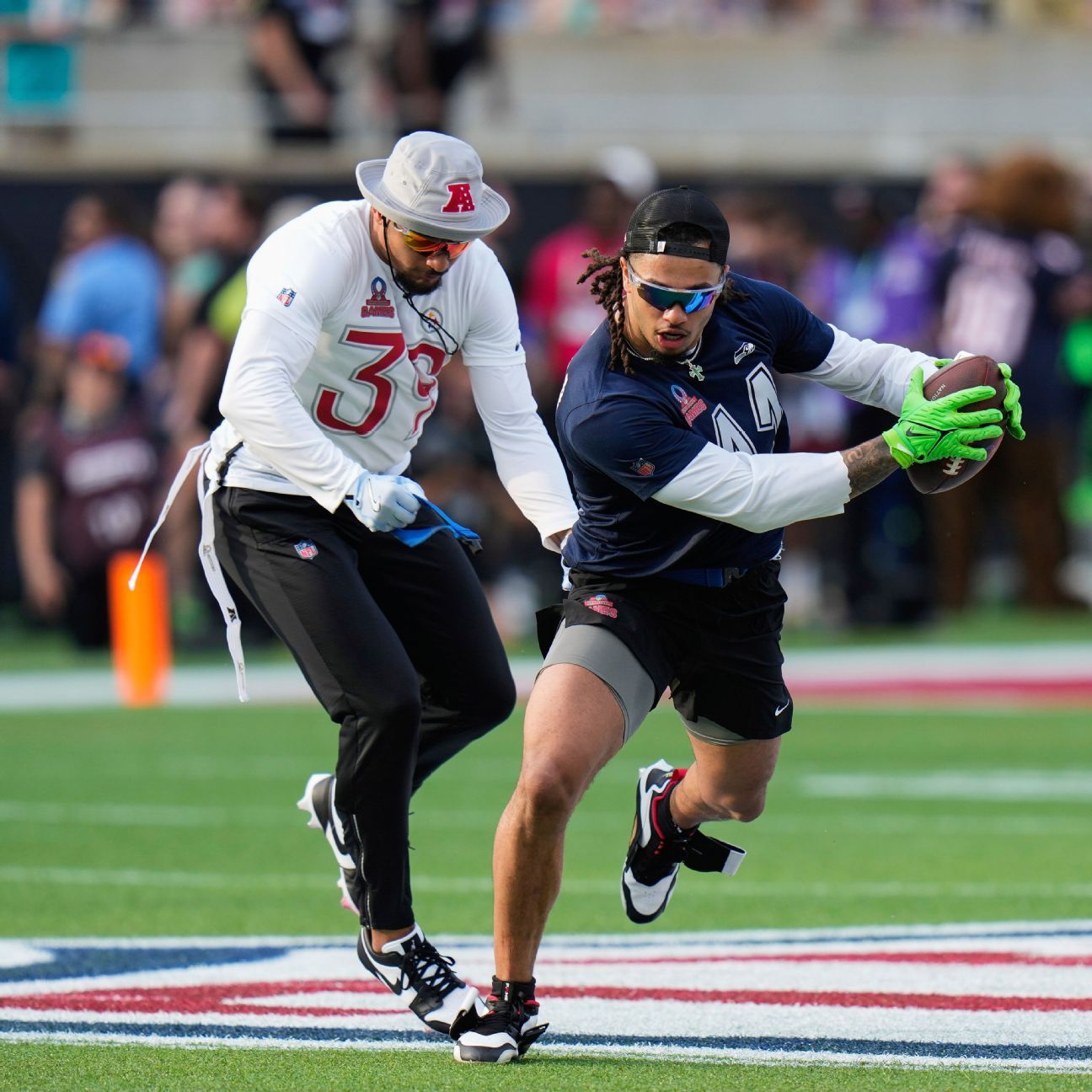The NFL achieved a landmark moment when all 32 owners unanimously voted to allow players to participate in flag football at the 2028 Los Angeles Olympics, marking the sport’s Olympic debut. This decision was celebrated alongside the International Olympic Committee and the International American Football Federation (IFAF), symbolizing a new era for all three organizations.
NFL involvement promises to elevate flag football by injecting global visibility, investment, and commercial interest into the sport, which has long struggled to gain recognition. The idea of NFL stars like Patrick Mahomes potentially throwing Olympic touchdown passes excites fans and expands flag football’s reach worldwide.
However, reactions have been mixed. While players like Mexican national team member Darrell Douchett welcome the opportunity to share the stage with NFL athletes, many express concerns about the impact on the existing flag football community. Douchett emphasizes that flag football pioneers built the sport and hopes to continue its growth alongside NFL influence.
The IFAF maintains that national federations control player selection and competition oversight, while also recognizing the NFL’s role in authorizing player participation without conflicting with league commitments. Scheduling conflicts between NFL regular season and Olympic qualifiers raise questions about player availability and fairness. USA Football acknowledges these challenges and aims to collaborate with the NFL to balance national team development and NFL player involvement.
The IFAF has set no cap on NFL players per team but limits selections to one player per NFL franchise. Despite over 30 nationalities represented in the NFL, eligibility rules and citizenship requirements mean few international players can realistically join Olympic teams outside the U.S., which dominates the sport. Countries like Mexico, Germany, France, and Italy have potential NFL-linked players, but citizenship hurdles limit their availability.
The U.S. men’s flag football team has been dominant internationally, winning every major tournament since 2014. Experts worry that adding NFL players could widen the competitive gap even further, potentially threatening fair competition in the Olympics. Flag football differs significantly from traditional NFL play, demanding adaptation from NFL athletes to succeed at the Olympic level. Given the tight timeline, critics question whether NFL players can realistically prepare in time for the Games.
Participation of NFL players with national teams will begin in spring 2027, leaving little time before the 2028 Olympics to fully integrate talent. Although NFL players bring exceptional athleticism, they may not drastically alter team performance due to flag football’s distinct skills and strategies. There is also concern that NFL dominance might undermine the sport’s integrity and Olympic appeal.
Flag football’s inclusion in future Olympic Games beyond LA depends on several factors, including competition balance and viewer engagement. The IFAF’s president sees NFL participation as a step toward solidifying flag football’s Olympic future, but warns of risks if predictability and disparities arise. Meanwhile, NFL Commissioner Roger Goodell voiced pride in the league’s Olympic involvement and excitement for players seizing the global stage.
Many original flag football athletes feel sidelined, having labored for decades to elevate the sport. There’s a sense of unfairness in NFL players entering at the Olympic level without progressing through qualifying rounds. Yet collaboration between flag football veterans and the NFL may ultimately foster mutual growth.
The IFAF does not require national teams to include established flag football players, leaving roster-building decisions open. While the NFL’s role boosts the sport’s prominence and resources, preserving flag football’s unique identity and culture remains crucial. After the Olympics, NFL players will return to their clubs, but dedicated flag football players like Douchett will continue championing the sport’s professional and grassroots development.
Fan Take: This groundbreaking inclusion of NFL players in Olympic flag football marks a major evolution for the sport, offering NFL fans a fresh, global stage to cheer their heroes. However, it also challenges the sport’s balance and traditions, making it essential to protect flag football’s grassroots foundation while embracing this new era of growth.



